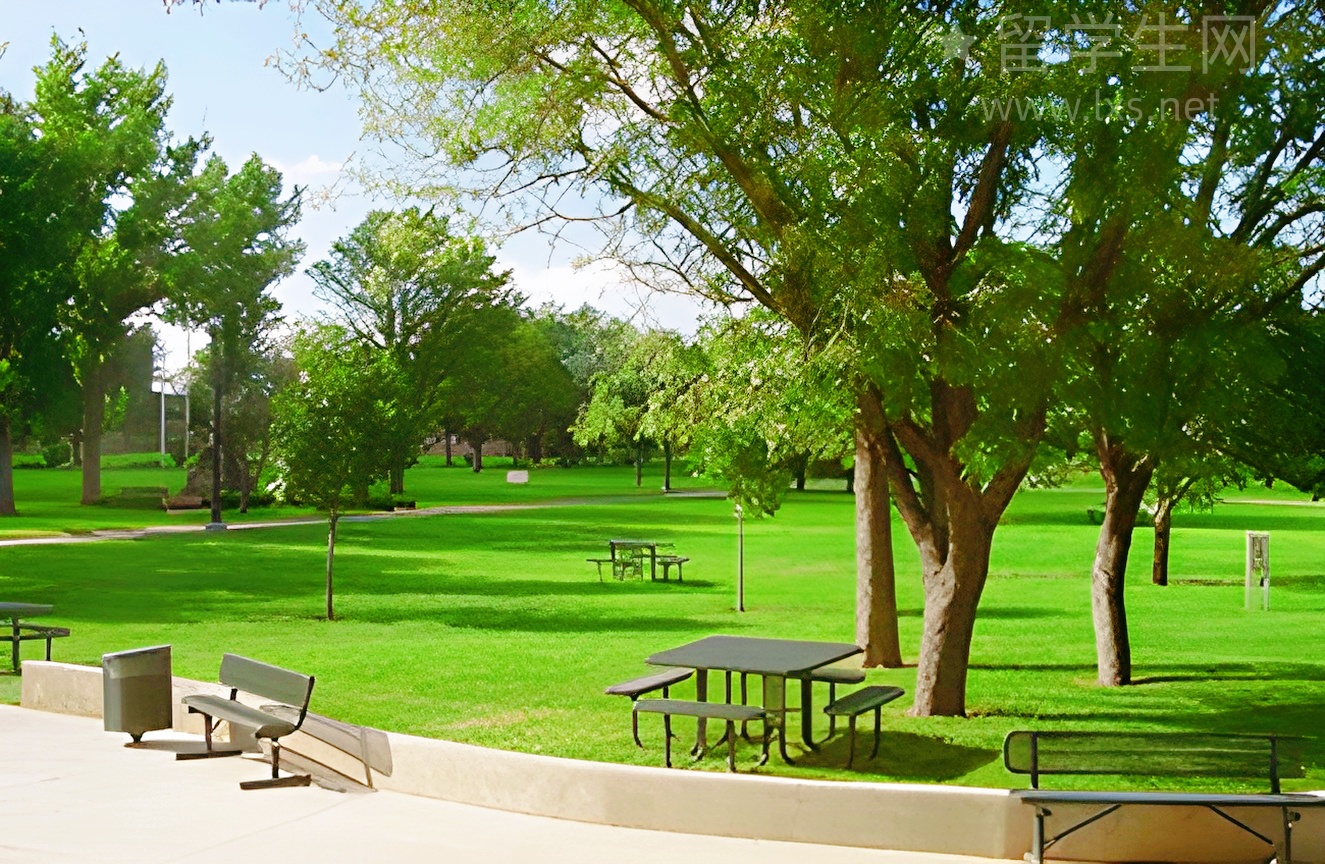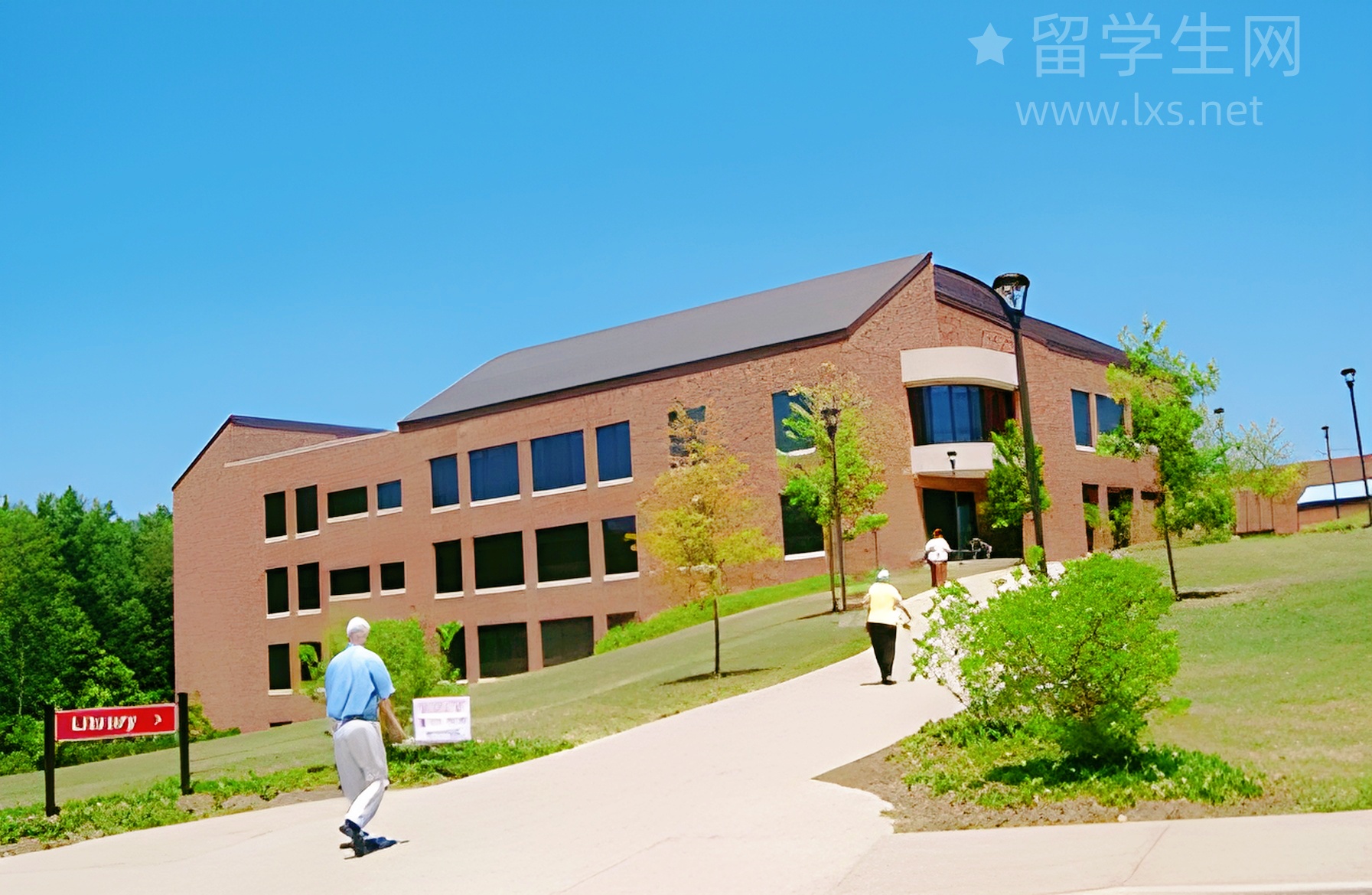| 本文核心看点 |
|---|
| 全面梳理自然灾害话题下的核心词汇与地道句式;提供雅思写作Task 2高分论点与思路框架;精选口语Part 1-3高频问题与答题素材;助你化“拦路虎”为“提分项”! |
嗨,各位奋战在雅思一线的“烤鸭”们!我是你们的老朋友,来自留学生网https://www.lxs.net的雅思版小编。一提到雅思里的“自然灾害”话题,你是不是也瞬间头大?感觉口语卡壳没话说,写作憋半天也凑不出几个高级词?别担心,这篇“保姆级”攻略就是来救你的!
今天,我们就把这个看似棘手的话题彻底拆解,从词汇、句式到听说读写,全方位帮你武装起来,让“自然灾害”成为你的加分项!
一、核心词汇一网打尽:从“小白”到“大神”
词汇是基础,没有弹药怎么上战场?我们按灾害类型分类,帮你高效记忆。
1. 地震 (Earthquake)
名词:epicenter (震中), seismic waves (地震波), aftershock (余震), tremor (轻微震动), casualty (伤亡人员), infrastructure (基础设施), rubble (废墟), relief efforts (救援工作)。
动词/词组:strike (袭击), shake (摇晃), collapse (倒塌), evacuate (疏散), rescue (营救)。
形容词:devastating (毁灭性的), catastrophic (灾难性的), vulnerable (脆弱的), resilient (有恢复力的)。
2. 洪水与台风 (Flood & Typhoon/Hurricane)
名词:downpour/torrential rain (暴雨), overflow (泛滥), dam (大坝), levee (堤坝), storm surge (风暴潮), evacuation plan (疏散计划)。
动词/词组:inundate/submerge (淹没), sweep away (冲走), issue a warning (发布预警)。
形容词:unprecedented (史无前例的), waterlogged (积水的), tropical (热带的)。
3. 火山喷发 (Volcanic Eruption)
名词:magma (岩浆), lava (熔岩), volcanic ash (火山灰), crater (火山口), dormant volcano (休眠火山)。
动词/词组:erupt (喷发), spew (喷出), displace (使……流离失所)。
形容词:molten (熔化的), toxic (有毒的)。
二、地道句式信手拈来:让考官眼前一亮
光有单词不够,得把它们串成能打动考官的句子!
1. 描述原因与影响:
The earthquake, triggered by the movement of tectonic plates, resulted in widespread destruction of buildings and infrastructure. (由板块运动引发的地震,导致了建筑物和基础设施的广泛破坏。)
2. 提出解决方案与措施:
To mitigate the impact of future floods, the government must invest in strengthening riverbanks and implementing a more effective early warning system. (为了减轻未来洪水的影响,政府必须投资加固河堤并实施更有效的预警系统。)
3. 表达观点与评价:
International cooperation is paramount in providing timely humanitarian aid to the areas affected by catastrophic natural disasters. (在为遭受特大自然灾害的地区提供及时的人道主义援助方面,国际合作至关重要。)
三、写作Task 2全攻略:有理有据,逻辑满分
自然灾害是写作Task 2的常客,通常围绕“原因”、“影响”和“解决方案”展开。我们来看一个经典考题:
Some people think that natural disasters are the main cause of world hunger, while others believe it is caused by food waste. Discuss both views and give your own opinion.
如何构建论点?
观点一:自然灾害是主因 (Natural disasters are the primary cause)
- 论点1: 破坏农业生产 (Destroy agricultural production): Extreme weather events like droughts and floods can lead to crop failure on a massive scale. (干旱、洪水等极端天气事件可导致大规模的农作物歉收。)
- 论点2: 破坏供应链 (Disrupt supply chains): Earthquakes and hurricanes can destroy roads, ports, and warehouses, making it impossible to transport food to where it is needed. (地震和飓风会摧毁道路、港口和仓库,使食品无法运到需要的地方。)
观点二:食物浪费是主因 (Food waste is the primary cause)
- 论点1: 生产过剩与消费浪费 (Overproduction and consumer waste): A significant portion of food is wasted during production, distribution, and at the consumer level in developed countries. (在发达国家,大量食物在生产、分销和消费环节被浪费。)
- 论点2: 分配不均 (Unequal distribution): The core issue is not a lack of food globally, but its unequal distribution, where some regions have a surplus while others face scarcity. (核心问题并非全球食物短缺,而是分配不均,一些地区过剩,另一些地区则面临稀缺。)
你的观点 (Your opinion):
可以认为两者都是重要因素,但食物浪费是一个更可控、更人为的问题。While natural disasters are significant contributors, the chronic and systemic issue of food waste and poor distribution represents a more fundamental challenge that can be addressed through policy changes and technological innovation. (虽然自然灾害是重要因素,但长期存在的系统性食物浪费和分配不善问题,是一个更根本的挑战,可以通过政策改变和技术创新来解决。)
如果你在构建论点时还是感到头疼,不妨试试我们留学生网https://www.lxs.net的AI写作辅助功能。其强大的智能算法和海量模板库,覆盖了环境、科技、教育等多个学科领域,能帮你快速梳理思路,生成逻辑清晰、语言地道的段落,让你的雅思写作不再困难。
四、口语不再卡壳:从容应对,流利输出
口语考试中遇到这个话题,千万别慌,把它当成一个展现你词汇量和思辨能力的好机会。
Part 1 常见问题
Q: Have you ever experienced any natural disasters?
A: Thankfully, I haven't personally experienced a major one like an earthquake. However, my city occasionally suffers from severe flooding during the rainy season. The streets get waterlogged, and traffic comes to a complete standstill, which is quite disruptive. (谢天谢地,我没亲身经历过像地震这样的大灾难。不过,我的城市在雨季偶尔会遭受严重的洪水。街道积水,交通完全瘫痪,这相当具有破坏性。)
Part 2 卡片题示例
Describe a natural disaster that you saw on the news.
- What it was: The devastating earthquake that struck Turkey.
- When it happened: I saw the news reports last year.
- What the effects were: Thousands of buildings collapsed, leaving countless people homeless in freezing temperatures. The images of rescue teams pulling survivors from the rubble were both heartbreaking and inspiring.
- How you felt about it: I felt a profound sense of sadness for the victims. It was a stark reminder of the power of nature and the fragility of human life. It also made me admire the resilience of the human spirit and the importance of global solidarity in times of crisis.
Part 3 深入探讨
Q: How can modern technology help reduce the risk of natural disasters?
A: Technology plays a crucial role. For instance, advanced satellite systems and AI algorithms can predict weather patterns with greater accuracy, allowing for timely evacuations before a hurricane hits. Moreover, sensor networks can detect early seismic activity to provide a few precious seconds of warning before an earthquake. Drones are also used for damage assessment and delivering supplies to inaccessible areas after a disaster.
五、总结
怎么样?经过这番梳理,是不是觉得“自然灾害”这个话题也没那么可怕了?从核心词汇的积累,到写作论点的构建,再到口语素材的准备,只要你按照这篇攻略认真准备,下一次在考场上遇到它,你一定能自信满满,对答如流。
备考雅思是一场持久战,需要科学的方法和丰富的资源。想获取更多像这样覆盖多学科、实用性强的雅思备考干货吗?快来我们的留学生网https://www.lxs.net探索吧!我们利用前沿的AI技术,为你提供个性化的学习路径和智能练习,助你的留学之路一帆风顺!






